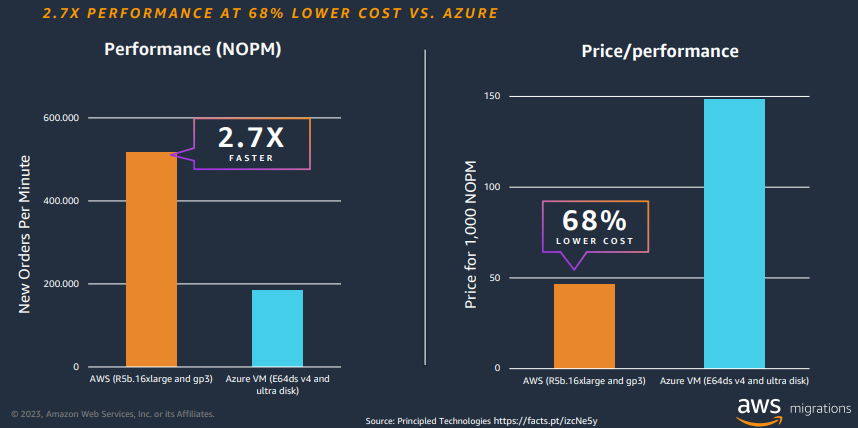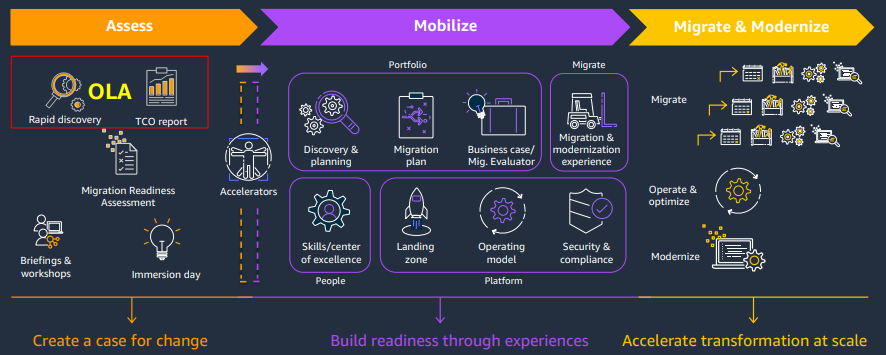When it comes to cloud services, AWS and Azure are the names that resonate the loudest. Both platforms offer compelling benefits, but selecting the right one for your business hinges on various factors, from pricing and services to flexibility and scalability. Dive in as we break down the distinctions.

Pricing Dynamics: More Than Just Dollars and Cents
It's easy to get caught up in the immediate costs of cloud services. However, when determining value, it's crucial to look beyond the price tag:
Flexibility & Scalability:
AWS allows businesses to pay only for the resources they consume, with a vast spectrum of services tailored to different needs. This means that as your business grows, AWS can seamlessly scale alongside it.
Service Range:
AWS boasts a broader range of services, making it suitable for diverse business requirements.
Performance Metrics:
While both platforms offer robust capabilities, AWS often scores higher on benchmarks of reliability and speed.
Hidden Costs:
With Azure, some costs might not be immediately apparent, such as those tied to outbound data transfers.

Licensing, Integration, and Beyond
When migrating Microsoft workloads, understanding the intricacies of licensing is paramount:
Licensing Adaptability:
AWS provides a transparent and flexible licensing model, making it easier to transfer and manage Microsoft licenses.
Support for On-premises Workloads:
AWS stands out with its commitment to supporting a variety of on-premises Microsoft workloads. Whether you’re looking to transition completely or maintain a hybrid model, AWS offers a smooth pathway.
Integration Capabilities:
While both platforms support Microsoft applications, AWS offers a more comprehensive suite of integration tools, such as the AWS End-of-Support Migration Program (EMP) and App2Container.

Enterprise Support & Ecosystem
Choosing a cloud provider isn't just about the services offered but also the support and ecosystem that backs them:
Customer Support:
AWS's premium support goes beyond troubleshooting, offering architectural guidance, best practices, and 24/7 access to Cloud Support Engineers.
Developer Tools & Community:
AWS provides a vast range of developer tools and boasts an expansive and active community, making it easier to find solutions and innovations tailored to specific needs.
To dive deeper into the advantages of migrating to AWS, especially concerning Microsoft workloads, explore our detailed guide.
AWS vs Azure: The Cloud Showdown